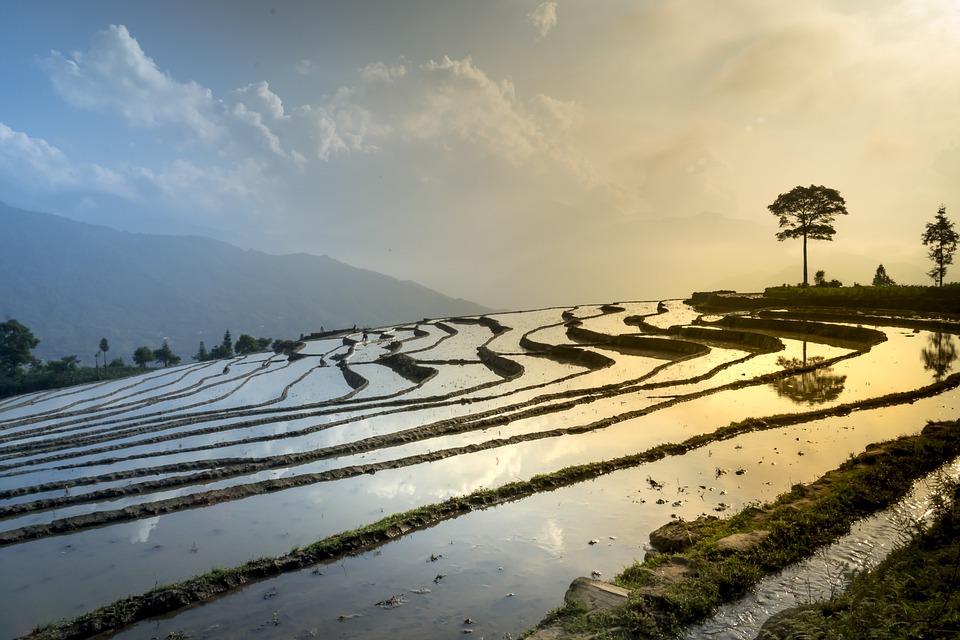M
Mark Little
M
Mark Little
AP Environmental Science ♻️
252 resourcesSee Units

Image Courtesy of Pixabay
The land and water unit investigates ecosystems and how human activity can alter or disrupt them in a positive or negative way. You will investigate how new methods and technology can help reduce the human impact. You will look at natural resources that we (humans) utilize in many ways. These activities include mining and various forms of timber harvesting (cutting trees down).
Practices used by agriculture can cause major disturbance in the environment. An example is irrigation. There are many different methods of irrigation and each one has benefits and flaws. There is also a type of agriculture called aquaculture. (An example would be a fish farm.)
Other processes and industries impact our land and water. Meat production, fishing, pest control, and resource extraction (mining). Urbanization is another topic. Urbanization is shifting people from rural (country or farmland) area to an urban (city) area.
Ecological footprints is the last topic. Ecological footprint (EF) is a measure of the usage of land and other natural resources (water, etc.). It is a tool to study environmental issues and can be used to look at an individual, people groups, or a whole country’s EF.
Lastly, environmental sustainability is a major theme in the AP Environmental Science and is a focus in the unit. Environmental sustainability is concerned about resources (land, water, air, etc…) and preserving them for future generations.
Browse Study Guides By Unit
🏜Unit 1 – The Living World: Ecosystems
🐠Unit 2 – The Living World: Biodiversity
👪Unit 3 – Populations
🌏Unit 4 – Earth Systems & Resources
🏖Unit 5 – Land & Water Use
⚡️Unit 6 – Energy Resources & Consumption
💨Unit 7 – Atmospheric Pollution
♻️Unit 8 – Aquatic & Terrestrial Pollution
🔥Unit 9 – Global Change
🧐Multiple Choice Questions (MCQs)
✍️Free Response Questions (FRQs)
📆Big Reviews: Finals & Exam Prep

© 2025 Fiveable Inc. All rights reserved.